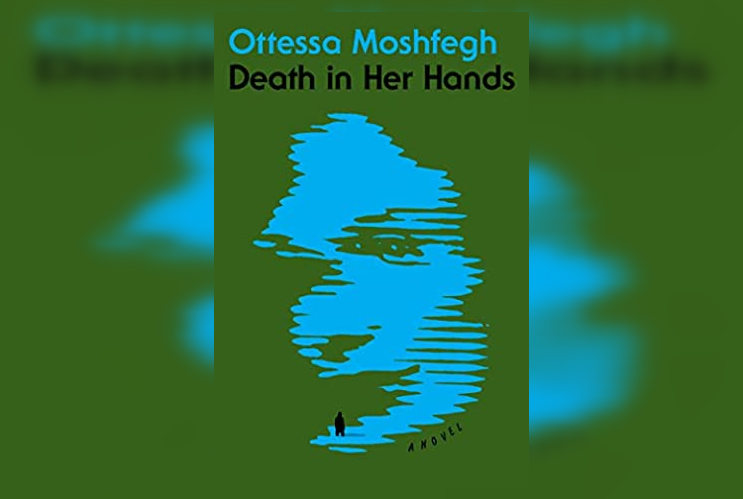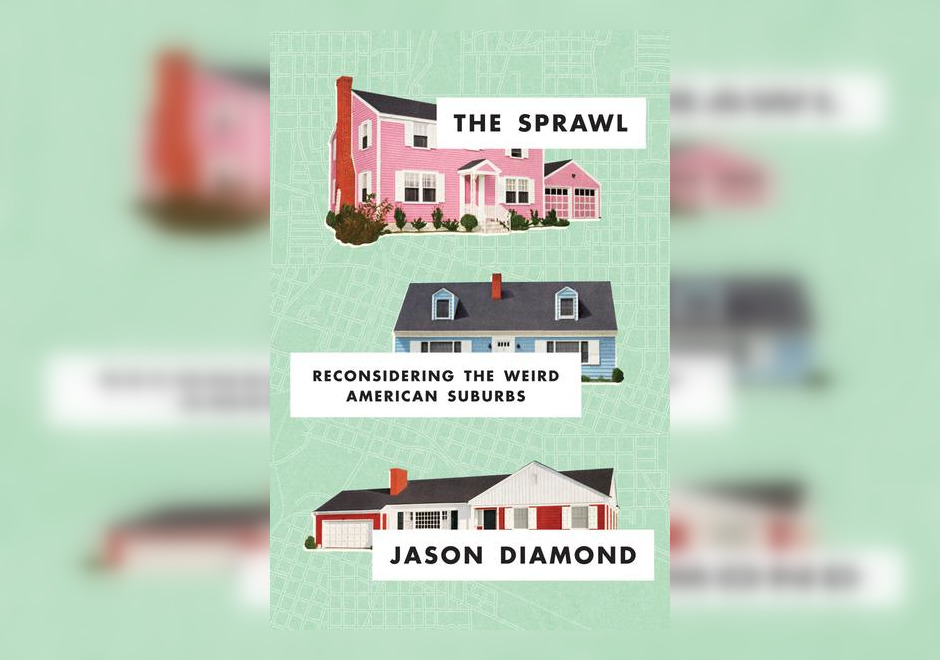—
In Heidi Julavits’ new book, The Vanishers, mind-reading is a science.
You can study it at the elite “Institute of Integrated Parapsychology,” and read published articles on it including, “Trance Qualities and the Ideal of Bodily Departure.” You can learn the symptoms of a psychic attack or an astral impostor. Witnesses of paranormal phenomena no longer belong to the fringes of society. Julavits’ alternate world institutionalizes astrology and magic practice as a dignified occupation, and mind-reading is a profession your Jewish mother would be proud of.
Julavits’ convincing evocation of this world makes her book a pleasure to read. Her vivid imagination unleashes a universe that is both bizarre and bizarrely familiar. The book is full of neologisms like “bilateral contamination” which, for your information, is “a face-lift for the mind.” At times the book sounds like it came from retro- futuristic movie, 2001 Space Odyssey, and at other times from a Freudian Psychoanalytic Conference. The science of mind reading is certainly more appealing than chemistry, and you can sense Julavits enjoyed creating it. In an age where neuroscience and medical diagnoses treat and diagnose complex human feelings, her ideas don’t even seem outlandish.
That said, the narrative does not seem as natural as the world Julavits conjures so effortlessly. The plot line is sometimes clumsy, tripping over itself or skipping forward like a scratched DVD. The story starts off by introducing the main character, Julia Severn. Julia is a psychic protégé, mentored by Madame Ackermann who rules over a prestigious psychic academy. Madame Ackermann loses her psychic talents just as Julia’s grow increasingly more powerful. Madame Ackermann then unleashes a series of jealous psychic, voodoo-esque tirades on Julia.
The novel employs plot twist after plot twist. My mind was spinning by the end of the story, where everyone is revealed to be secretly married, related, or in cohorts with each other. The list of characters includes a suicidal mother, a father who is an authority on sink holes, plastic surgery enthusiasts, a fictional performance artist named Dominique Varga (based on the real Sophie Calle) and more.
Julavits’s formidable strength lies in the details. This book’s most riveting moments are its linguistic descriptions. Julavits has a signature style that is sardonic and self-deprecating, “My brain was flabby, clumsy, a geriatric detective that farted on the job” she writes. At other times, her writing is lush and lyrical, “the colors muddy, the image flickering like a movie screen on a projector with a a hair stuck in the lens.” The writing possesses a poetic attention to sound and rhythm, “I walked to my room beset by claustrophobia, the slurry of my slippers against the floor tiles echoing off the ceiling in a gossipy swirl.” These intimate descriptions reveal the gut of what this book is really about–––the dangers of a boundless imagination, the nebulous line between science and magic, and the difficulties for everyone, psychic or not, of dealing with each other.
To wrap up her tangled plot, Julavits deploys a kind of texbook psychological explication to vanquish her main character’s demons. Julia hypothesizes about the origins of her friend, Alwyn’s behavior and thinks, “Alwyn’s mother could not square her identity as a sexualized woman with that of being a mother, thus her neglected daughter’s sole option was to de-daughterize herself by becoming a sexualized woman and subsequently a competitor worthy of her mother’s attention.” Does anyone actually think like this? Whose internal voice sounds as analytical as their college papers? Julavits bends over backwards at the end of the novel to inject themes of female rivalries and mother-daughter sexuality into her story. These are fascinating subjects in their own right––but here they are pushed too forcefully. Like a tired linguistic ballerina, we can see Julavits’ working.
The book reminded me that writers have long been captivated by the notion of psychic power. In some ways, the writer and the psychic share a common goal––to explore subconscious realms and to act as a medium for the past, present and future. The writer and the psychic are both suspended uneasily between feelings of narcissism and selflessness; why are we so obsessed with the minds of others, and what should we do with the information we find there? Social networking sites have bestowed on us a kind of real life omniscience too. We know about all sorts of things we don’t want to––like the tropical-themed party our elementary school crush will be at next Wednesday––our own modern psychic burden.
Perhaps the book wants to express how we are all overwhelmed by the information we supposedly have on each other. Yet Julavits also show the equally frightening dearth of understanding we have about what really goes on in the minds of those we know and love. We’re left, like Julia, somewhere between knowing too little, and knowing too much.




